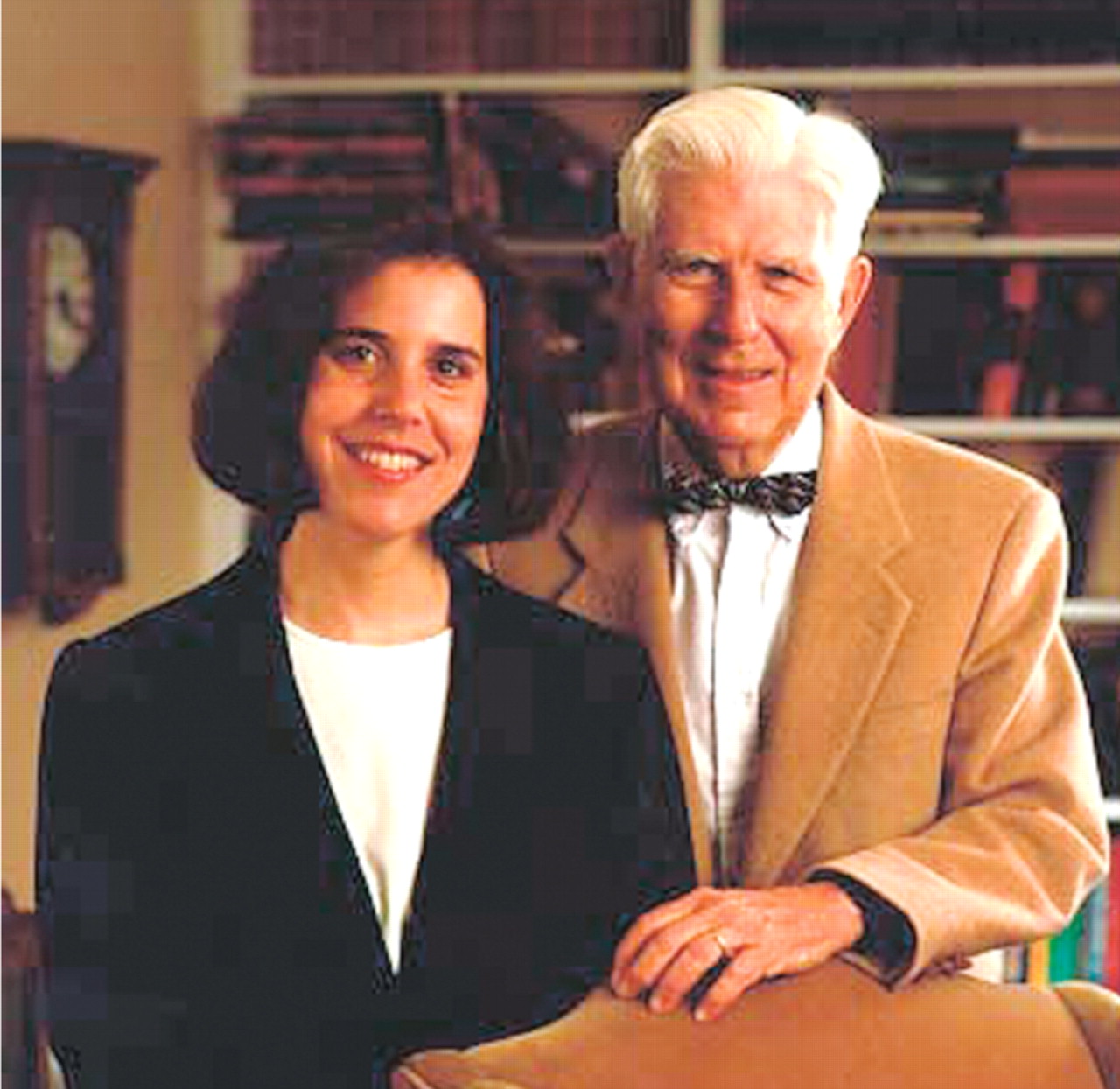Cognitive-behavioral therapy (CBT) authority Judith Beck, Ph.D., is using CBT to tackle obesity.
Beck, director of the Beck Institute for Cognitive Therapy and Research in Philadelphia, started using CBT as a treatment for obesity nearly 25 years ago when patients she was treating for anxiety, depression, or other psychiatric conditions also wanted to lose weight. Then a year ago, she instituted a CBT-based weight-loss program at the Beck Institute.
Ten women who initially weighed between 200 and 300 pounds signed up for the program. Now, a year later, the results are encouraging. Each of the women has slowly lost weight—anywhere from a pound a month to a pound a week—and has kept it off.
Although Beck's pilot program is not a scientific study, a Swedish randomized clinical trial published on the subject also produced positive results. They were published in March 2005 in the journal Eating and Weight Disorders.
Specifically, 62 obese subjects were given group CBT treatment for 10 weeks; 43 obese subjects served as controls. The CBT group lost 17 pounds on average by the end of the 10 weeks and an average of five pounds more by the end of the 18-month follow-up period.
In contrast, the control group gained weight both over the 10-week treatment phase and the 18-month follow-up. By the end of the study, the weight difference between the treatment group and the control group was highly statistically significant.
Think Like a Thin Person
During a recent interview, Beck shared with Psychiatric News the philosophy underlying her CBT weight-loss program. Many diets lead to weight loss over the short term, but people often regain the weight that they have lost. Thus, if they want to lose weight permanently, they have to start thinking like a thin person, and this change in thinking will then lead to permanent changes in their eating behaviors. She gave the following examples of changes in thinking that can contribute to successful weight loss:
•
Change fundamental ideas about hunger. People who have never struggled with losing weight usually have quite different ideas about hunger than do those who struggle with it. The former tend to think of hunger as normal, tolerable, and that even when you sense it, you should wait until your next meal to eat. The latter are apt to think of hunger as bad, intolerable, and in need of instant fixing. “So unless people change this fundamental idea about hunger, chances are that, at some point, they are going to start eating out of control again,” Beck said.
•
Develop a nutritional eating plan and then identify those thoughts that are likely to get in the way of implementing it. In other words, they need to counter ideas that lead to overeating such as “dieting is too hard” or “it's not fair that I have to diet.”
•
Write down the reasons they want to lose weight and read the list every day, not just at a regular time, but at times when they are hungry or craving food. People fighting obesity have to remind themselves over and over again why their goal is so important.
•
Remember in moments of temptation to say, “Okay, I have a choice. I can eat this food that I hadn't planned to eat and get momentary pleasure and then feel badly afterwards, or I can remind myself of all the reasons why I want to lose weight and feel very good about myself.”
•
Learn how to say no to food pushers—family members and friends who enable overeating. And learning to say no means changing thinking patterns. It means stop worrying about disappointing other people and convince yourself that losing weight is a legitimate, important goal and that, as Beck put it,“ I'm entitled to stick up for myself as long as I do it nicely in order to control my eating.”
In fact, Beck has written a book for the public titled The Beck Diet Solution: Train Your Brain to Think Like a Thin Person that is based on the principles of her CBT weight-loss program. It was published by Oxmoor House in April.
Book Could Help Psychiatrists
Beck believes that her book could benefit psychiatrists who would like to help patients lose weight permanently. But even without the book, she noted, psychiatrists who use CBT skills to help patients with anxiety, depression, or other psychiatric disorders should be able to adapt those skills to help patients lose weight and keep it off.
It is very important, she stressed, “to identify the key thoughts and beliefs that patients need to target” in order to lose weight permanently. For example, she said, psychiatrists do not need to concern themselves with why a patient is overeating—for emotional reasons, because everyone else is eating, or another excuse—but they do need to target a patient's permission-giving ideas that lead to overeating, such as “It's okay to eat this food that I hadn't planned to because I'm upset, I'm celebrating, I'm away on vacation, the food is free, or whatever.” In other words, said Beck, “I have found that the cognitions that are the most important are the ones that lead directly to eating, as opposed to the ones that lead to emotional distress.”
Beck was, however, not ready to suggest that CBT could be used to help patients who have gained weight because of antipsychotic medications.“ There hasn't been any research on that yet. One thing that I don't know is whether people who have gained weight because of an antipsychotic need to follow a particular diet or not,” she said.
On the other hand, she pointed out, CBT would probably help such patients lose weight because the CBT “techniques that are used for weight loss would be the same no matter why you gained weight.” ▪

